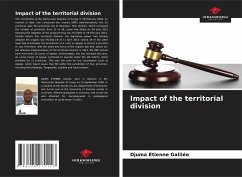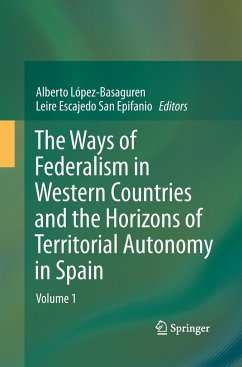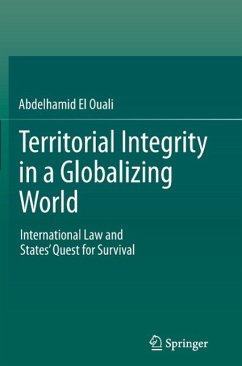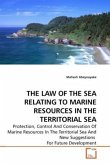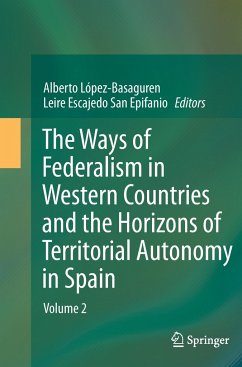The constitution of the Democratic Republic of Congo of 18 February 2006, as revised to date, has structured the country (DRC) administratively into 25 provinces plus the provincial city of Kinshasa. This division, which increased the number of provinces from 11 to 26, came into effect on 30 June 2015 following the adoption of the programming law nº15/004 of 28 February 2015. Shortly before this territorial division, the legislative power had already adopted the organic law nº13/011-B of 11 April 2013. Article 19 of the latter legal text assimilates the jurisdiction of a court of appeal to that of a province or city. Therefore, with the entry into force of the organic law and, above all, the effective implementation of the territorial division in 2015, the DRC should have more than 26 courts of appeal. Unfortunately, this has not been the case, as some courts of appeal continued to operate under the old reform, which provided for 11 provinces. This was the case for the LubumbashiCourt of Appeal, which heard cases that fell within the jurisdiction of four provinces, including Haut-Katanga, Tanganyika, Lualaba and Haut-Lomami.

